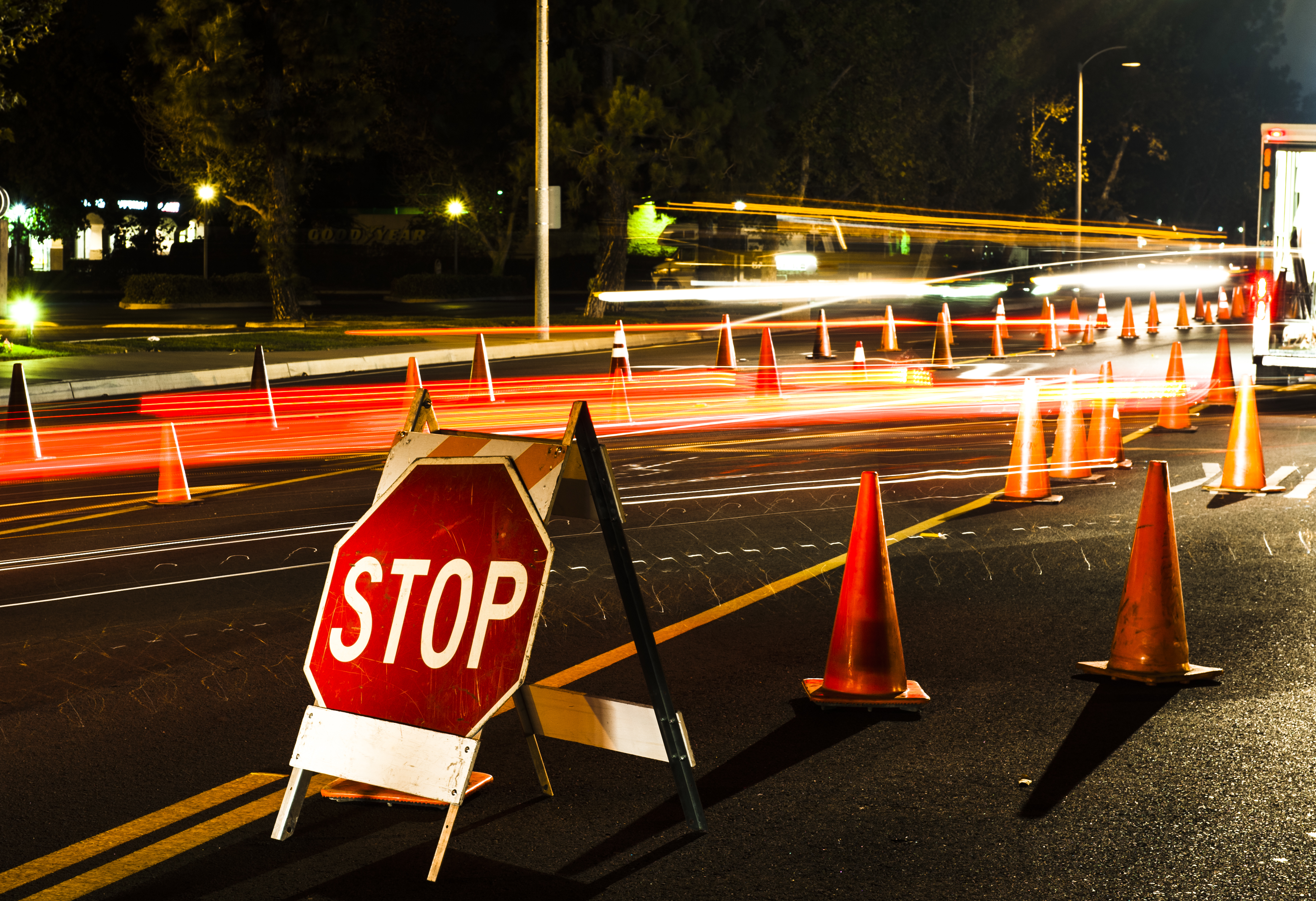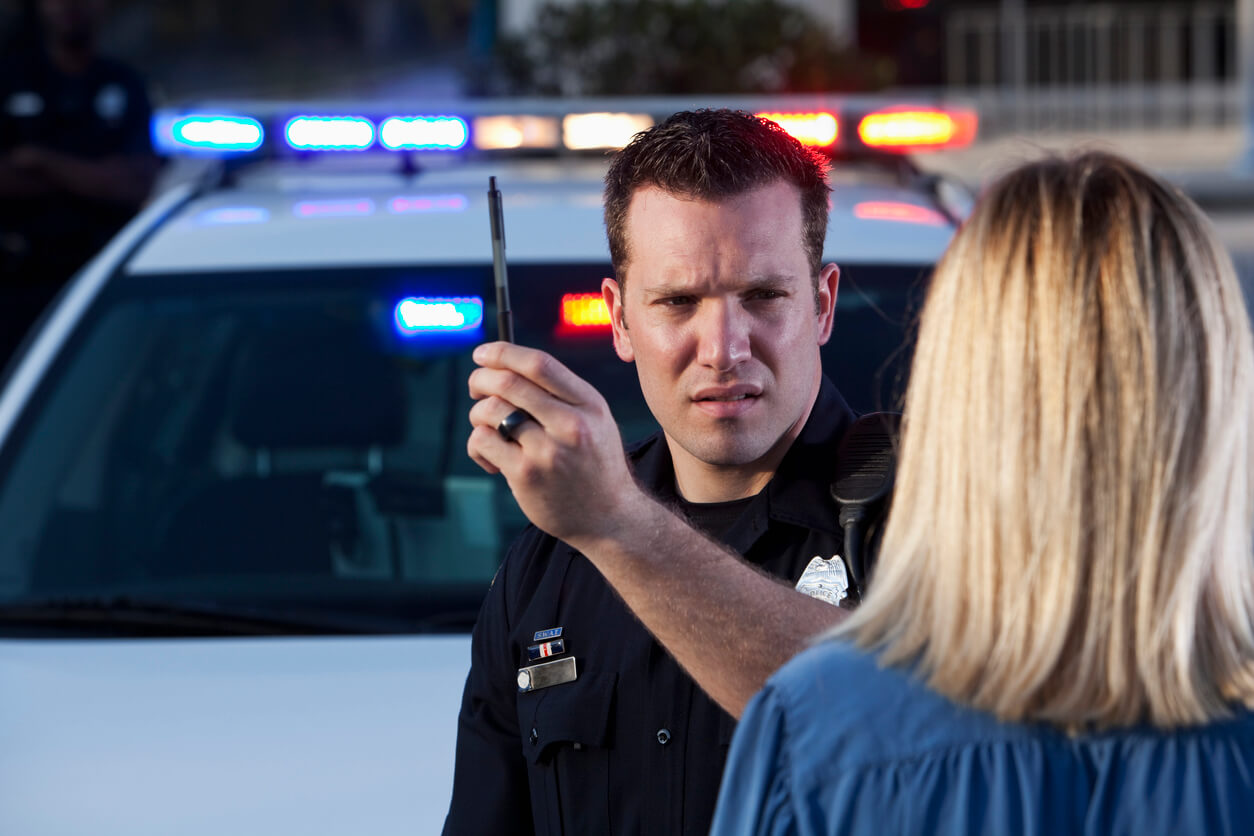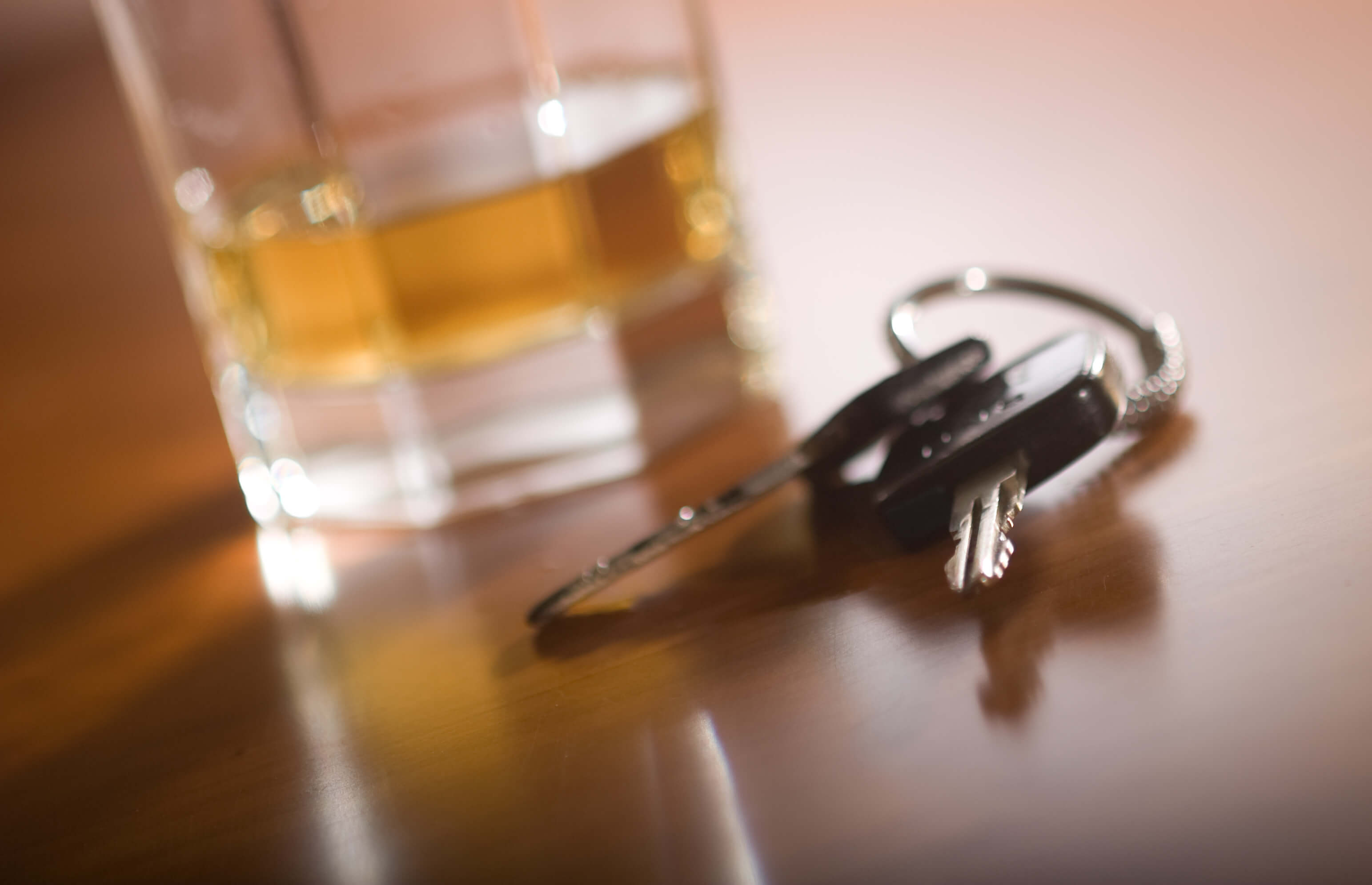New York has been cracking down on incidences of people driving while under the influence of drugs or alcohol. The State of New York even has a program, referred to as STOP-DWI, which focuses on launching initiatives to reduce DWI cases. STOP-DWI stands for “Special Traffic Operations Program for Driving While Impaired” and it has been behind efforts such as coordinating with state law enforcement agencies to round up those who are behind the wheel while intoxicated. Recently, the focus of these efforts has been cracking down on DWI occurrences during the holidays, which are notorious times where DWI’s tend to increase. As such, law enforcement steps up patrols to keep roads safe.
Governor Cuomo announced this past November that the New York State Police, as well as local law enforcement agencies, would participate in a “special traffic enforcement initiative” geared towards curbing unsafe driving, such as driving while intoxicated. The same initiative in the previous year resulted in the issuance of 15,100 tickets and 215 DWI arrests statewide.
The STOP-DWI Program
The STOP-DWI program has taken on the coordination of local efforts between various agencies, such as those of law enforcement, state prosecutors, and other administrative agencies, to launch highly publicized efforts to reduce the number of drunk and impaired drivers on New York roads. These coordinated efforts have led to sobriety checkpoints and patrols that are focused on catching those driving while intoxicated.
New York State STOP-DWI Enforcement Crackdowns were scheduled from December 11 to January 1, and some have also been scheduled during Super Bowl weekend. These enforcement campaigns have led to thousands of arrests and hundreds of thousands of tickets for traffic violations. In fact, the 2018 enforcement campaign resulted in the arrests of 4,142 people for driving while impaired and the issuance of 144,197 for other assorted traffic law violations.
Penalties for DWI and DWAI Charges in New York
New York has serious penalties for those found guilty of driving while under the influence of drugs or alcohol. It is important to be aware of the fact that New York has a Driving While Impaired by Alcohol (DWAI) offense, a traffic violation, and multiple Driving While Intoxicated (DWI) offenses, all criminal, which can be charged as either a misdemeanor or felony depending on factors. DWAI occurs if the driver is impaired by alcohol, but has a blood alcohol content below the .08 legal limit. A DWI occurs if the driver’s blood alcohol content is .08 or higher.
DWI and DWAI offenses have penalties that include fines and jail time, but DWI is considered a more serious offense. If convicted of a first offense DWAI, the penalty may include a fine between $300 to $500, jail time of up to 15 days, and a driver’s license suspension up to 90 days. If convicted of DWI for the first time, the penalty may include a fine between $500 and $1,000, up to one year of jail time, and a minimum license revocation period of six months. Additional requirements/conditions may include the installation of an ignition interlock device in the offender’s vehicle (or the family of a person convicted of DWI), alcohol monitoring by a SCRAM ankle bracelet or Remote Breath monitor, as well as court-monitored treatment programs. Convictions for DWI and DWAI in New York State require attendance at both the Victim’s Impact Panel (VIP program) as well as the Impaired Driver Program (IDP).
DWI Defense Attorneys
If you are found driving while under the influence of drugs or alcohol, the DWAI and DWI defense attorneys at Heiferman & Associates are here to fight for you. We mount the strongest possible defense for our clients while providing them with an accurate assessment of their case based on the facts. Contact us today.



